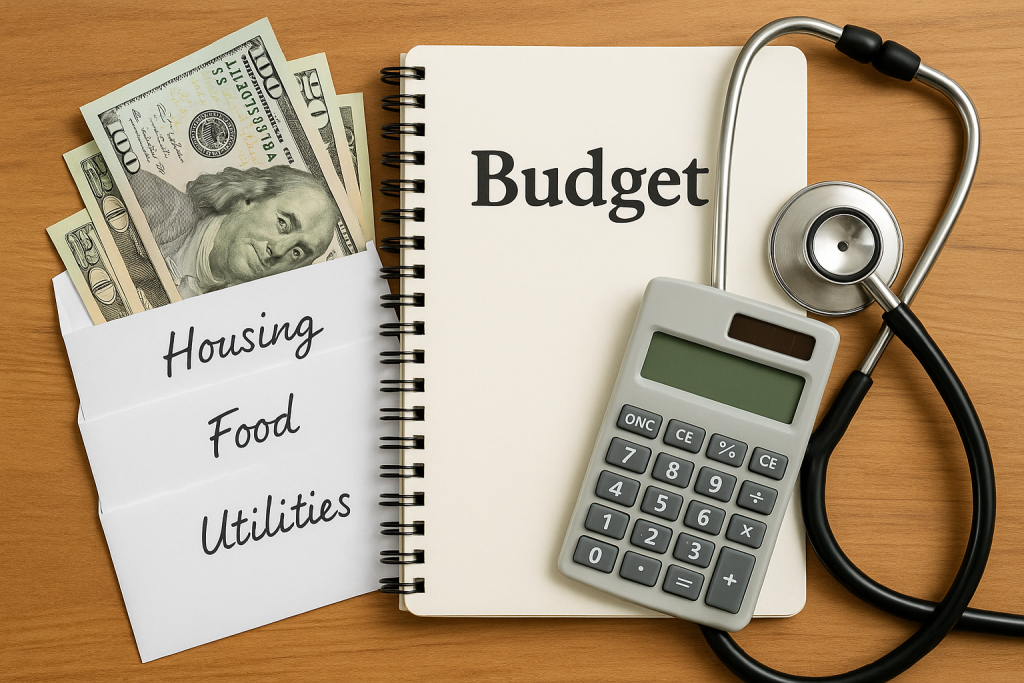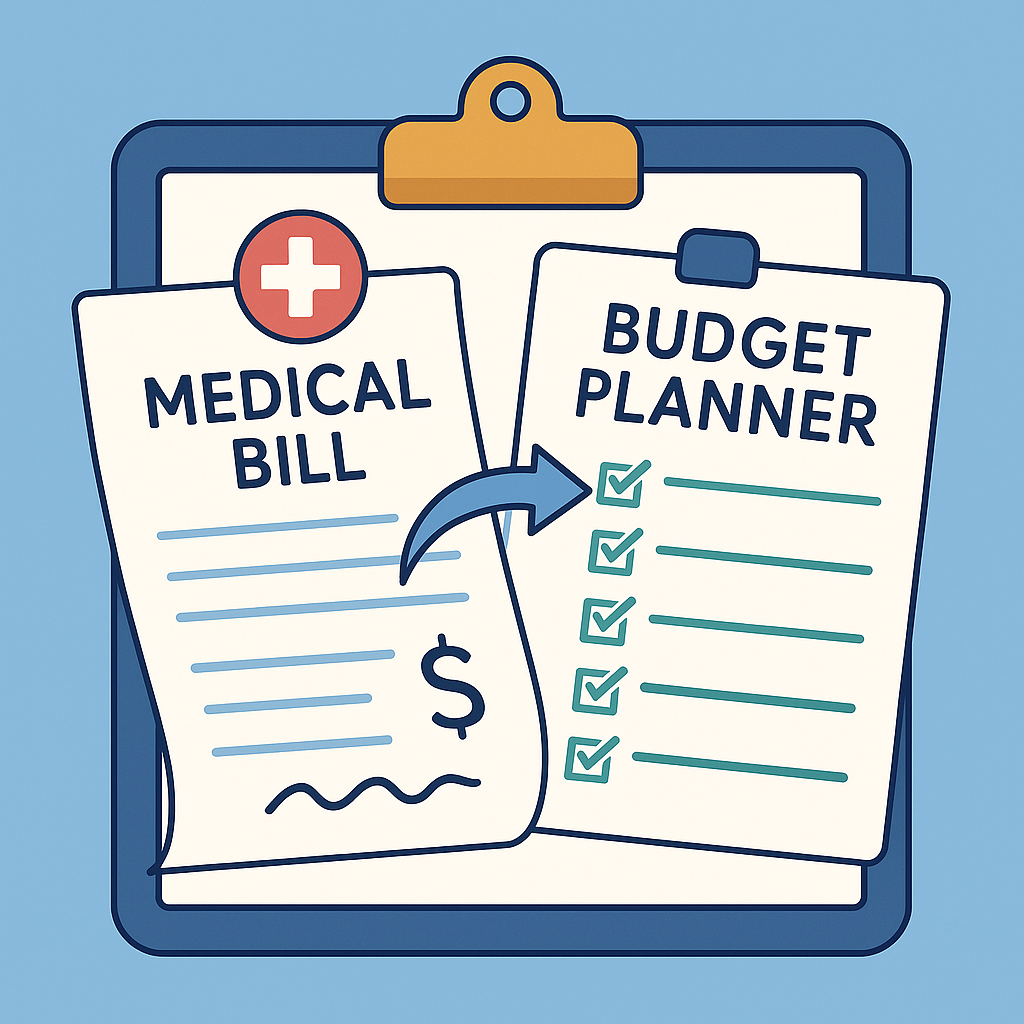Managing healthcare costs is a significant concern for many people. Without a proper plan, medical expenses can lead to financial strain and even debt. It’s essential to develop a strategy that anticipates these costs and reduces their impact on your budget. By establishing a solid financial plan, you can ensure that healthcare costs don’t become overwhelming.
In this article, we’ll explore effective methods to plan for treatment costs, helping you maintain financial stability without sacrificing essential care. With some forethought and preparation, managing these costs can become a more manageable and less stressful endeavor.
Setting a budget for medical costs

Creating a budget specifically for healthcare can be a crucial step in preventing debt. Start by identifying your average yearly expenses, including doctor’s visits, medications, and any recurring treatments. This will give you a clearer picture of what you’re likely to spend.
Consider categorizing costs into routine and unexpected expenses, so you’re prepared for both regular check-ups and emergencies. Having a clear understanding of your typical outlays can help you allocate your funds more effectively, allowing you to set aside money monthly or annually to cover these obligations.
Once your average spending is determined, it’s essential to set aside a portion of your income in anticipation of these costs. This can be done by creating a separate savings account specifically for healthcare-related expenses. By consistently contributing to this fund, you’ll build a financial cushion that can help you cover necessary treatments without derailing your finances.
Incorporating potential price increases into your budget is also wise. Health-related costs can rise due to inflation or changes in your health status. By planning for these possible increases, you can ensure you have sufficient funds to cover your obligations even if expenses rise.
Utilizing health savings accounts
Health savings accounts (HSAs) are a valuable tool for managing medical expenses effectively. These accounts allow you to set aside pre-tax dollars for qualified healthcare expenses, reducing your taxable income and saving money.
One of the key benefits of HSAs is the potential for long-term savings; funds in an HSA can roll over year to year, giving you the flexibility to save for future medical costs. Additionally, many HSAs offer investment options to grow your savings, providing a potential increase in funds available for healthcare needs over time.
To maximize the benefits of an HSA, it’s crucial to understand what constitutes a qualified medical expense. These can include a wide range of costs, from prescription medications to certain medical devices and treatments. Familiarizing yourself with these guidelines ensures you’re using the funds correctly and avoiding penalties.
Exploring medical insurance options
Choosing the right health insurance plan is another crucial component of planning medical expenses. It’s essential to evaluate different plans based on your personal health needs and financial situation. Comparing premiums, deductibles, co-pays, and out-of-pocket maximums can give you a clearer picture of potential costs and coverage.
When considering insurance options, it’s also essential to assess the network of healthcare providers available under the plan. Ensure that your preferred doctors, specialists, and hospitals are included in the plan’s network, which can significantly reduce out-of-pocket costs and enhance your access to necessary care.
Developing smart spending habits
In addition to budgeting and insurance considerations, developing smart spending habits can further aid in managing medical expenses. This involves being an informed consumer of healthcare services. Researching options for providers and treatments can help you find cost-effective solutions without compromising the quality of care.
Effective communication with healthcare providers is also key. Don’t hesitate to discuss costs upfront with your doctor and ask about less expensive alternatives or generic medications. Many providers are open to discussing costs and can offer solutions that fit your financial situation.
Leveraging technology for cost management
Technology offers numerous tools to help manage medical expenses effectively. Various apps and websites provide price comparisons for medical procedures, doctor visits, and prescriptions, allowing you to make informed decisions about where and how to receive care.
Incorporating health apps that track medical expenses can provide a comprehensive overview of your spending habits. These tools allow you to monitor and categorize healthcare costs, helping you identify areas where you might save money or improve spending efficiency. Regularly reviewing this data can assist in making informed decisions about future healthcare purchases and adjustments to your budget.
Building an emergency fund
Having an emergency fund specifically for unexpected medical expenses can be an essential safeguard against debt. Setting aside money regularly for healthcare emergencies ensures you have the resources to cover unforeseen costs without disrupting your overall financial plan.
Your emergency fund should be easily accessible and sufficient to cover several months’ worth of medical expenses. This provides a safety net for situations like sudden illnesses or accidents that require immediate attention. Starting small and gradually increasing your contributions as your financial situation improves can make building this fund more manageable and less intimidating.





